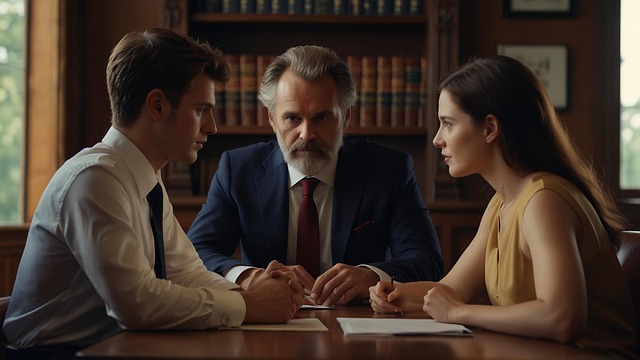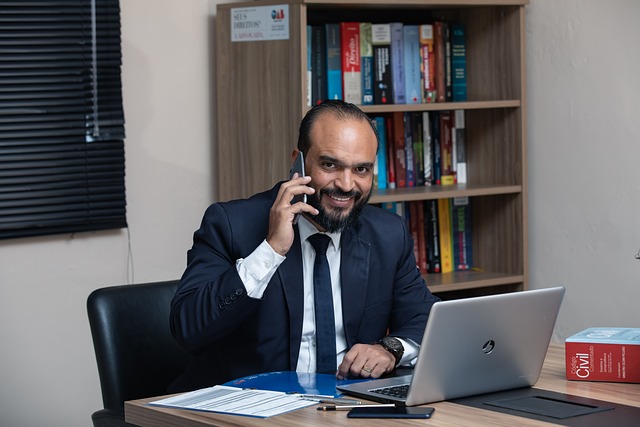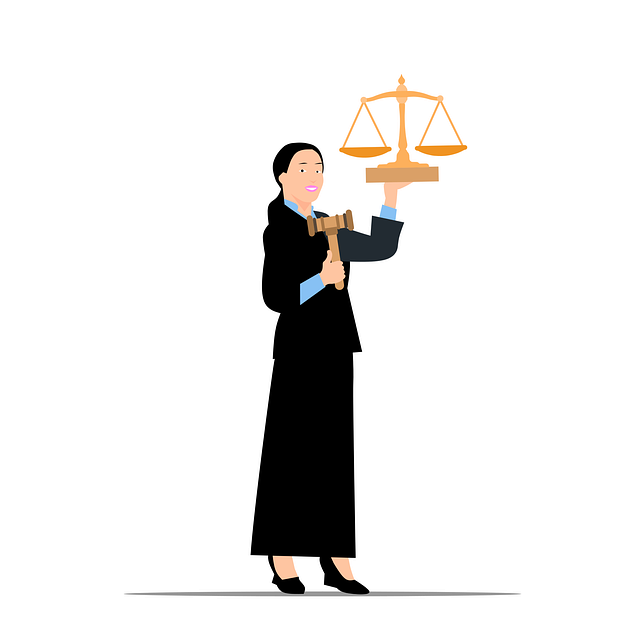Experienced criminal defense lawyers play a pivotal role in ensuring a fundamental aspect of any legal system: the right to a fair trial. They act as powerful advocates, challenging evidence and testimonies, and presenting arguments to protect their clients' rights. Fair trial advocacy involves navigating complex legal systems, interpreting laws accurately, and upholding due process, including the right to a speedy public trial by an impartial jury. Through strategic pleading, meticulous investigation, and persuasive argumentation, these lawyers guide clients through all stages of criminal proceedings, ensuring robust defenses and protecting their interests. Their expertise in fair trial advocacy is crucial for maintaining procedural integrity and safeguarding the rights of the accused.
In the intricate realm of criminal law, experienced legal professionals play a pivotal role in upholding justice. This article delves into the essence of criminal defense, highlighting its cornerstone status within fair trial advocacy. We explore how seasoned lawyers navigate complex proceedings, ensuring client rights are protected. From understanding fundamental principles to employing effective strategies and addressing ethical considerations, this guide illuminates the critical path to successful criminal defense.
- Understanding Criminal Defense: A Cornerstone of Fair Trial Advocacy
- The Role of Experienced Legal Professionals in Ensuring Justice
- Strategies for Effective Criminal Defense: Protecting Client Rights
- Navigating Complexities: Ethical Considerations and Case Preparation
Understanding Criminal Defense: A Cornerstone of Fair Trial Advocacy

Experienced criminal defense lawyers play a pivotal role in ensuring a cornerstone of any legal system—the right to a fair trial. This fundamental principle dictates that every individual accused of a crime must be treated with equality, given access to effective legal representation, and protected from arbitrary or biased decisions. Criminal defense attorneys are advocates who specialize in challenging the admissibility of evidence, questioning witness testimonies, and presenting arguments on behalf of their clients to achieve the best possible outcome.
Understanding fair trial advocacy involves recognizing that it’s not merely about proving innocence but ensuring procedural fairness. Lawyers must be adept at navigating complex legal systems, interpreting laws, and applying them accurately. They serve as a shield against potential injustices, ensuring that every step of the criminal process adheres to due process rights, including the right to a speedy and public trial by an impartial jury.
The Role of Experienced Legal Professionals in Ensuring Justice
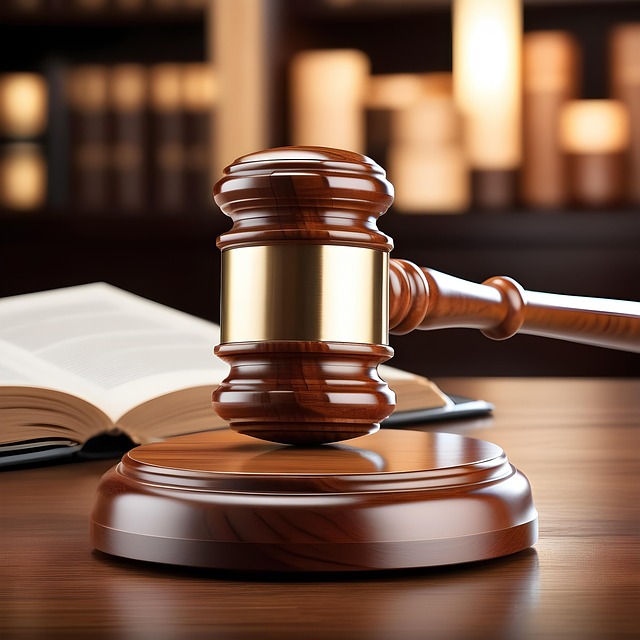
Experienced legal professionals play a pivotal role in ensuring that every individual receives a fair trial, a cornerstone of any just society. Their expertise isn’t merely about knowing the law; it’s about navigating complex legal landscapes to protect client rights and preserve procedural integrity. These advocates possess an in-depth understanding of criminal procedures, enabling them to anticipate potential pitfalls and proactively address them.
Through their skills in strategic pleading, evidence evaluation, and persuasive argumentation, they guide clients through every stage of the criminal justice process. This includes preparing robust defenses, challenging inadmissible evidence, and articulating compelling legal arguments. The presence of seasoned professionals ensures that the rights of the accused are upheld, fostering a system where justice is blind and impartial.
Strategies for Effective Criminal Defense: Protecting Client Rights

In the intricate dance of criminal defense, one of the cornerstones of a successful strategy is ensuring your client receives a fair trial. This involves meticulous preparation and an understanding of their rights. An experienced advocate will employ various tactics to safeguard these rights, including thorough investigation, challenging prosecution evidence, and cross-examining witnesses rigorously. By doing so, they can uncover potential weaknesses in the case, cast doubt on the prosecution’s narrative, and ultimately present a compelling alternative that favors their client’s innocence or reduced culpability.
Effective fair trial advocacy also demands a deep knowledge of legal procedures and the ability to navigate complex rules. Defense attorneys must be adept at raising relevant legal arguments, filing motions to suppress evidence obtained unconstitutionally, and objecting to inadmissible testimony. They play a crucial role in shaping the jury’s perception by presenting a compelling defense theory, offering expert witness testimonies, and utilizing physical evidence to build a strong case. This comprehensive approach ensures that every aspect of the trial is fought for, protecting the client’s interests and rights at every turn.
Navigating Complexities: Ethical Considerations and Case Preparation
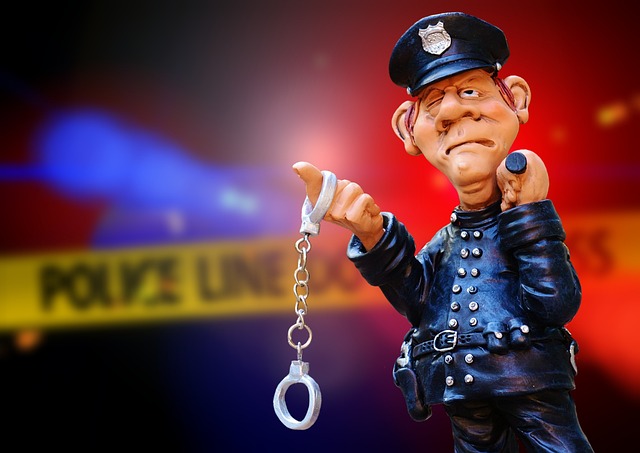
Navigating the complexities of criminal defense requires a meticulous approach, especially when advocating for a fair trial. Ethical considerations are at the forefront, ensuring the integrity and competence of legal representation. Lawyers must uphold professional standards while managing intricate case details, evidence, and potential conflicts of interest. Effective preparation involves comprehensive case analysis, gathering relevant documentation, and understanding the nuances of the law.
This meticulous process includes strategic planning, identifying potential defenses, and anticipating prosecution arguments. It demands a deep understanding of procedural rules to ensure every step aligns with legal principles, fostering a robust defense strategy. Ultimately, these considerations are vital to achieving just outcomes, upholding due process, and providing clients with the best possible representation during criminal proceedings.




